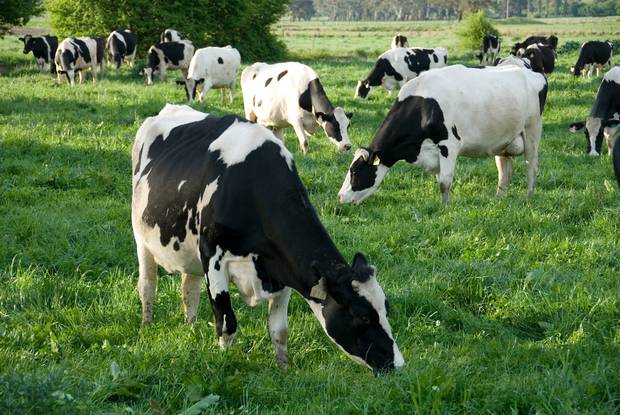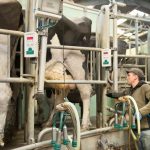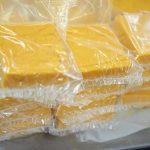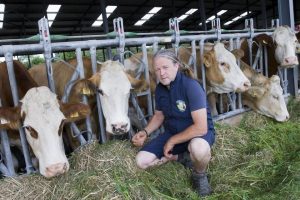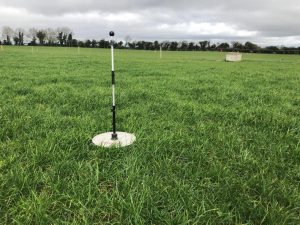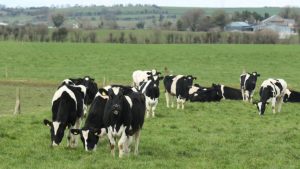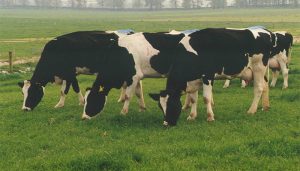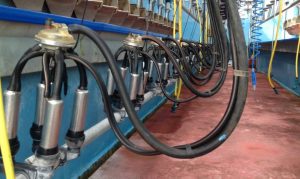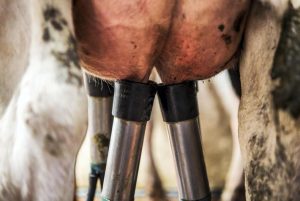
Dairy processors have defended the industry’s record on curbing emissions as it emerged milk producers generate up to three times more Greenhouse Gas (GHG) emissions than other farming practices.
The farm sustainability study from Teagasc found the rising herd sizes on expanding dairy farms were cancelling out any overall gains being made by farmers on carbon efficiency.
But Dairy Industry Ireland’s Conor Mulvihill insisted dairy farmers are up for the “challenge” to reduce the industry’s emissions.
“The growth production of anything grows overall emissions. While Dairy Industry Ireland represents the processing industry, we are not blind that our farmers are vital in driving solutions around the industry’s efforts,” he said.
ICOS president Michael Spellman pointed out that while there “are no quick fixes” when it comes to mitigation, Ireland’s low-cost, grass-based system delivers the highest animal welfare and environmental standards.
“Grass-based dairy and beef production will remain the backbone of Irish farming – it underpins the cost competitiveness and sustainable credentials of Irish agriculture as leafy grass is a good carbon sink,” he said.
Kerry Group’s Frank Hayes added that while there is “no silver bullet” for reducing the industry’s carbon footprint, “all aspects of innovation need to be considered and the potential for increased afforestation and sequestration need to be looked at”.
Meanwhile, Teagasc Ecologist John Finn said a recent study he conducted showed that intensive arable, dairy and beef farms had an average of 7pc of land dedicated to biodiversity.
He said this is a credit to farmers but will not be enough under post-2020 CAP reforms.
“There’s no point in getting excited about having 7pc of the farm in habitats when that will probably be the minimum requirement under cross compliance in the new CAP. Irish agriculture will continually need to raise the bar and deliver a bit above.”
Mr Finn added that his team in Teagasc will be collecting farm photos, drone footage and biodiversity surveys under a new EU Smart Agri-Hubs project on 300 farms involved in the National Farm Survey (NFS).
He explained that this would be the first time biodiversity data will be linked to the Teagasc NFS.
Last week, the Joint Committee on Climate Change published a report which recommends the implementation of the Teagasc Climate roadmap which promotes the development of on-farm renewable energy and reduction of fossil fuel usage in farming.
IFA environment chair Thomas Cooney urged politicians to “stop talking at farmers when it comes to climate change and start working together to implement the Teagasc plan”.
Indo Farming
